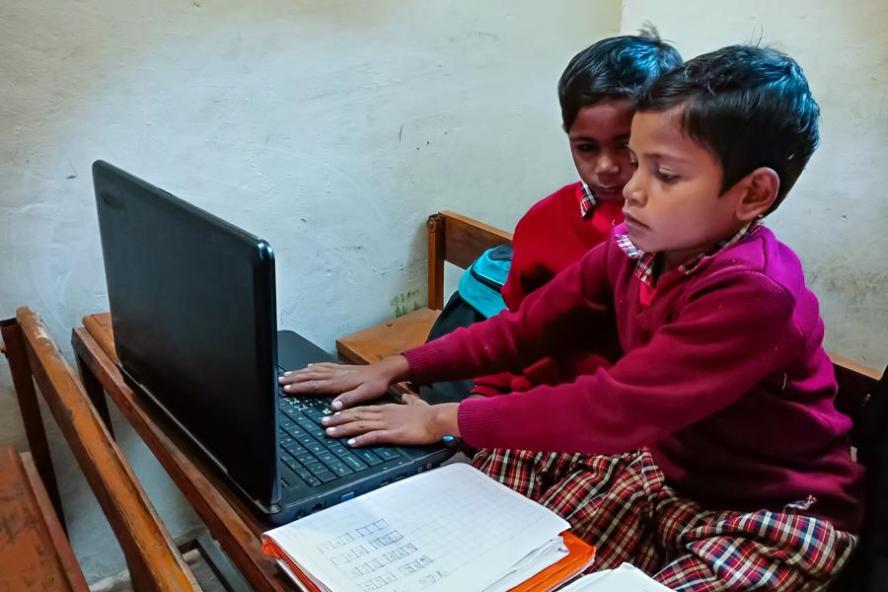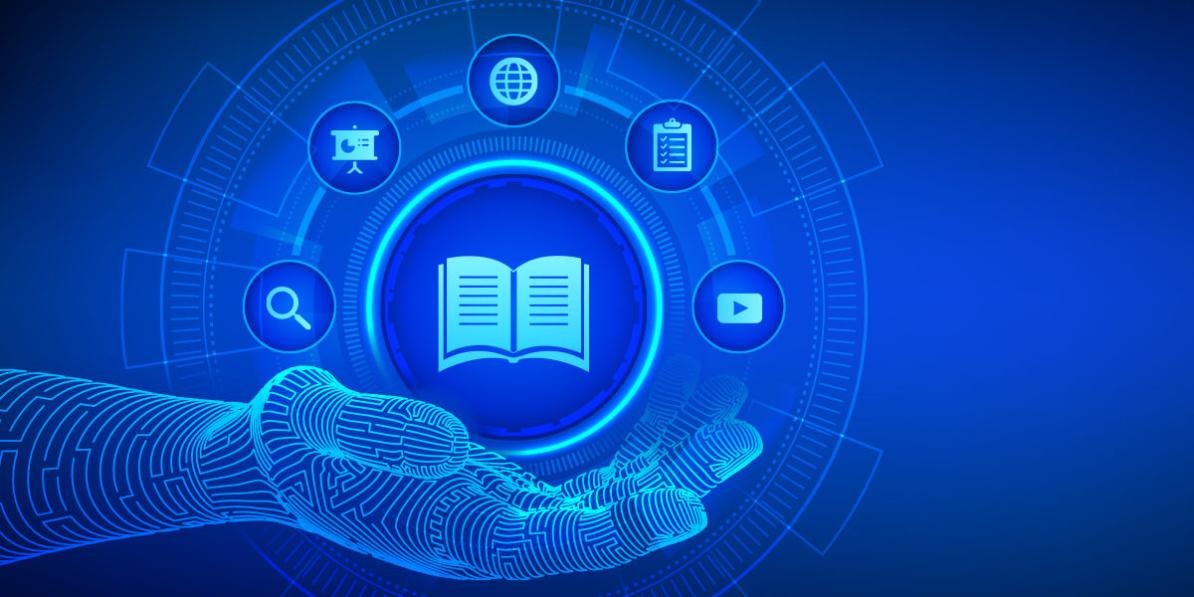How Can AI Be Used to Improve Education in the United Arab Emirates?
The United Arab Emirates (UAE) has made significant strides in improving its education system, achieving high literacy rates and establishing world-class universities. However, there are still opportunities for further advancements, and artificial intelligence (AI) has emerged as a powerful tool that can revolutionize education in the UAE.

AI In Education: A Global Perspective
AI is rapidly transforming education worldwide. From personalized learning and adaptive assessments to virtual tutors and immersive learning experiences, AI-driven solutions are enhancing the learning process and improving outcomes.
- In China, AI-powered educational platforms have enabled personalized learning for millions of students, leading to improved engagement and retention.
- In the United States, AI-based adaptive assessments are helping teachers identify students' strengths and weaknesses, allowing for targeted interventions and support.
- In Europe, virtual tutors powered by AI are providing real-time assistance and guidance to students, helping them overcome challenges and stay on track.
AI Applications In UAE Education
The UAE is well-positioned to leverage AI to transform its education system. Here are some specific applications of AI that can significantly improve educational outcomes in the UAE:
Personalized Learning:
- AI can analyze individual student data, including academic performance, learning styles, and interests, to create personalized learning plans.
- Adaptive learning platforms can deliver content and activities tailored to each student's needs, ensuring they are challenged appropriately and making progress.
Adaptive Assessments:
- AI-powered adaptive assessments can adjust the difficulty of questions based on a student's performance, providing real-time feedback and identifying areas for improvement.
- These assessments can help teachers make informed decisions about instruction and provide targeted support to struggling students.
Virtual Tutors And Chatbots:
- AI-powered virtual tutors can offer personalized support and guidance to students, answering questions, providing explanations, and offering encouragement.
- Chatbots can provide immediate assistance and answer student queries, freeing up teachers to focus on more complex tasks.
AI-Enabled Educational Tools
In addition to personalized learning and adaptive assessments, AI can also be used to develop innovative educational tools that enhance engagement and improve learning outcomes.
Immersive Learning Experiences:
- AI can be used to create immersive learning environments, such as virtual reality (VR) and augmented reality (AR), that bring abstract concepts to life and make learning more interactive.
- These immersive experiences can improve engagement, retention, and understanding, particularly in STEM subjects.
Data Analytics And Insights:
- AI can analyze educational data, such as student performance, attendance, and engagement, to identify patterns, trends, and insights.
- These insights can help educators make informed decisions about curriculum, teaching strategies, and resource allocation, leading to improved educational outcomes.
Language Learning And Translation:
- AI-powered language learning tools can help students overcome language barriers and improve communication skills.
- Translation tools can help students access educational materials in their native language, while pronunciation analysis tools can help them improve their speaking skills.
Challenges And Considerations

While AI has the potential to revolutionize education in the UAE, there are also challenges and considerations that need to be addressed.
Ethical And Privacy Concerns:
- The use of AI in education raises ethical and privacy concerns, such as the potential for bias, discrimination, and the misuse of student data.
- It is essential to develop clear guidelines and regulations to ensure the responsible and ethical use of AI in education.
Teacher Training And Support:
- Teachers need adequate training and support to effectively integrate AI into their teaching practices.
- Training programs should focus on developing teachers' skills in using AI-powered educational tools, interpreting data, and personalizing instruction.
Infrastructure And Connectivity:
- The effective use of AI in education requires reliable infrastructure and connectivity.
- Investments in infrastructure, particularly in rural and underserved areas, are crucial to ensure equal access to AI-powered educational resources.
AI has the potential to revolutionize education in the UAE, offering personalized learning experiences, adaptive assessments, immersive learning environments, and data-driven insights. By addressing the challenges and considerations related to AI in education, the UAE can harness this powerful technology to improve educational outcomes and prepare students for the future.
Stakeholders, including policymakers, educators, and technology providers, should collaborate to create an AI-enabled education system that is equitable, accessible, and effective. By embracing AI, the UAE can transform education and empower its students to thrive in the 21st century.
YesNo

Leave a Reply